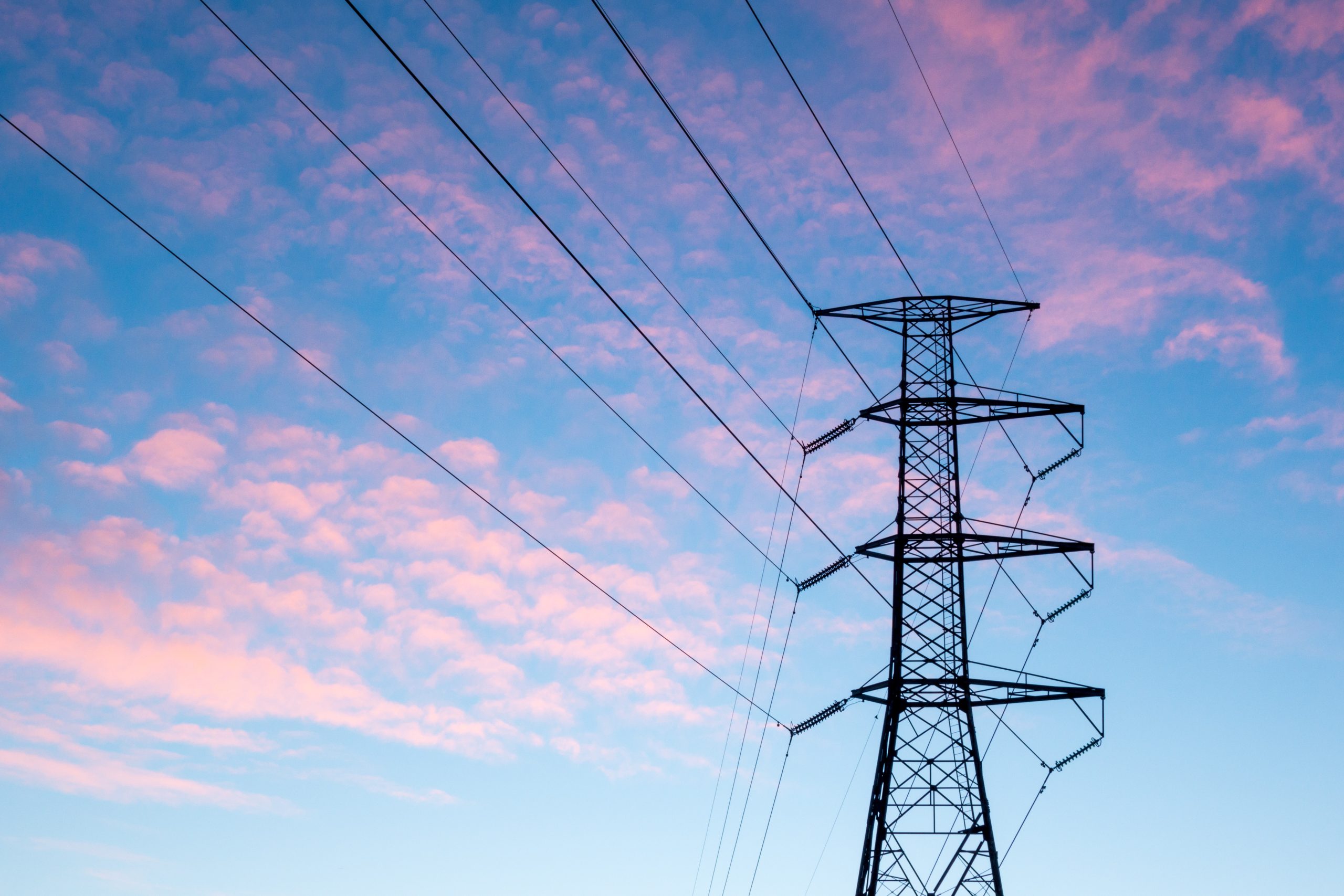Deciding between gas and electricity as the primary energy source for your home is often a pivotal point in creating a comfortable living environment. While one might instinctively lean towards the cheaper option, this decision is far from straightforward. It needs to take into account not just immediate costs but also efficiency, environmental impact, safety, and the future trajectory of energy trends. The question isn’t simply “is gas or electricity cheaper?”, but rather, which option best balances cost-effectiveness with sustainability, reliability, and personal comfort? This article aims to shed light on these considerations, providing you with the insights needed to make an informed decision on the best energy choice for your home.
Navigating the Energy Landscape
The journey to a comfortable, efficient, and sustainable home often involves a key decision: choosing between gas and electricity as the primary source of power. While both have their merits and drawbacks, the question that frequently arises is, “is gas or electric cheaper?” However, the consideration extends beyond just cost; environmental impact, safety, and overall efficiency also play crucial roles. This comprehensive guide provides an in-depth comparison, helping you make an informed choice between gas and electricity for your home.
Understanding Your Needs: Matching Energy to Your Lifestyle
Before you consider gas or electricity, it’s essential to assess your home’s energy needs. How frequently do you cook? How many people live in your home? What’s your usage pattern for heating and cooling? The answers to these questions will help determine which energy source might be more suitable for your lifestyle.
Cost Considerations: Is Gas or Electric Cheaper?
When comparing costs, gas is generally cheaper than electricity per unit of energy produced. However, initial setup costs for gas appliances can be higher than their electric counterparts. Further, fluctuating market prices for natural gas and electricity can influence their relative costs over time.
Efficiency in Energy Usage: Making the Most of Your Power Source
While gas might have a lower cost per unit, electric appliances often boast higher energy efficiency ratings. This means they may use less energy to perform the same tasks, potentially saving you money in the long run.
Environmental Impact: Carbon Footprint of Gas vs. Electric
From an environmental standpoint, the source of your electricity greatly influences its carbon footprint. If your electricity comes from renewable sources, it could be the greener choice. On the other hand, natural gas produces fewer emissions than coal-powered electricity but still contributes to greenhouse gases.
Safety Concerns: Risks Associated with Gas and Electric Power
Safety is another important consideration. Gas appliances carry the risk of carbon monoxide leakage if not properly maintained. Electric appliances, while generally safer, pose their own risks, such as potential electrical fires.
Reliability: Dealing with Outages and Interruptions
In terms of reliability, both gas and electricity have their vulnerabilities. While electrical power can be interrupted due to storms or grid issues, gas supply can be affected by pipeline disruptions. Assessing the reliability of both energy sources in your region can aid your decision.
Future Trends: The Role of Renewable Energy and Electric Appliances
With growing focus on sustainability, renewable electricity sources are becoming more prevalent. The increasing efficiency of electric appliances and the potential for integrating with home solar systems could make electricity a more attractive option in the future.
Making the Choice: Gas, Electric, or a Mix of Both?
Some homeowners find a hybrid approach to be the best. Certain tasks, like heating and cooking, can be more cost-effective with gas, while others, like lighting and electronics, are suited to electricity. The optimal choice may lie in balancing the two.
Maintenance Matters: Gas and Electric Equipment Upkeep
An often-overlooked factor in the gas versus electricity debate is maintenance. Gas appliances typically require more regular servicing to ensure safety and optimal performance. These ongoing maintenance costs can add to the total cost of owning and operating gas appliances.
Adapting to Market Changes: Staying Flexible
As you navigate the energy market, it’s crucial to remain adaptable. Changes in the price of natural gas, advancements in electric appliance efficiency, and shifts in your own lifestyle can all influence which energy source is more economical or practical for your home. Regularly reviewing your energy needs and consumption can help you optimise your energy usage and cost-efficiency.
Personal Preference: The Comfort Factor
Beyond cost, efficiency, and environmental impact, personal preference also plays a role in choosing between gas and electricity. Some people prefer cooking on a gas stove, while others prefer the consistency of an electric range. When making your choice, it’s essential to consider which energy source will make your home not just cost-effective, but comfortable and enjoyable for you and your family.
Conclusion: Powering Your Home, Your Way
In the end, the choice between gas and electricity depends on multiple factors including cost, efficiency, safety, and environmental impact. One size doesn’t fit all; it’s about finding the right fit for your home and lifestyle. As you navigate your energy needs, remember that this decision isn’t just about answering “is gas or electric cheaper.” It’s about building a safe, comfortable, efficient, and sustainable home for you and your family.
The energy landscape is evolving with advancements in technology and a growing emphasis on sustainability. By staying informed and understanding your options, you can make energy choices that not only benefit your wallet, but also contribute to a greener and more sustainable future.






